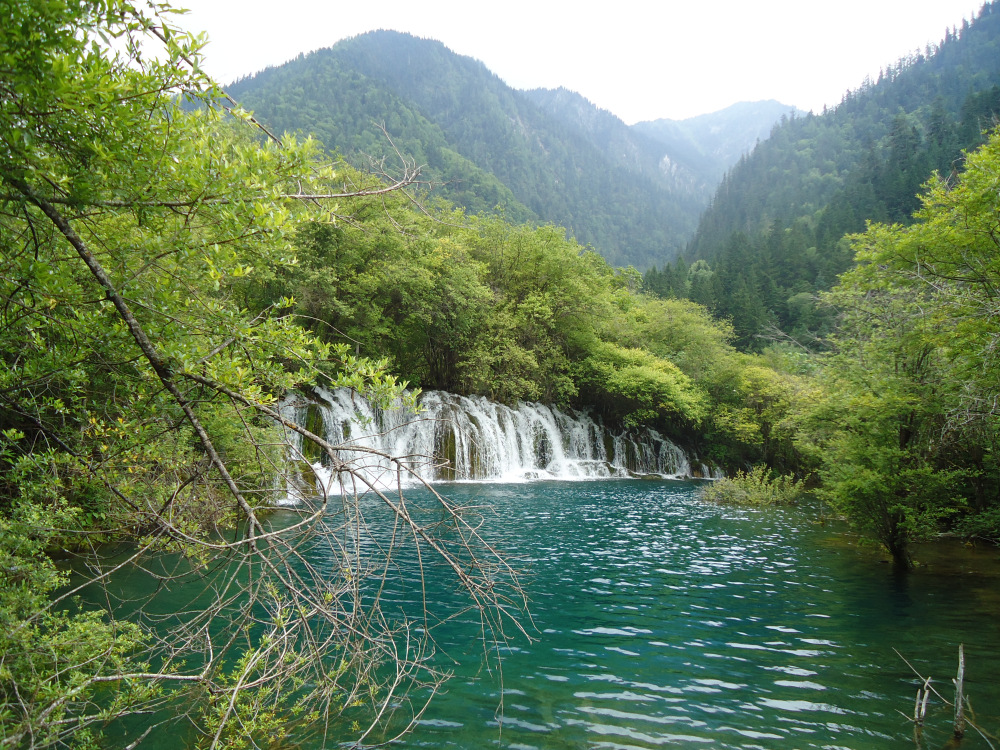
by Annie Zhang, editor-in-chief
When 97% of the established scientific community believes that climate change is a serious environmental issue, yet a poll conducted by the Pew Research Center reveals that only 46% of Americans and 54% of international citizens believe similarly, we have a problem.
Certainly, the more visible and direct problems of the environment stem from both a lack and failure of regulations on CO2 emission levels from various industries worldwide, but perhaps the single most pressing environmental issue facing society today is much more subtle, threatening and largely reflective of science’s, as a whole, relationship with society: the general public has grown distant from nature, from science and thus from environmental concerns as a result from a lack of clear communications and interactions between the two.
In many of the developed countries, the United States in particular, climate change and other environmental problems are, at best, believed to be legitimate but not caused by human intervention; at worst, said to be complete propaganda intended for governments to exercise control over industries and human activity. In the United States, where such beliefs are largely divided among party lines, politicians like James Inhofe will take a snowball into Congress as evidence that global warming doesn’t exist. Understandably, when the effects of climate change, global warming and other EPA-deemed worthy problems are, to the human eye, largely invisible, and even seemingly harmless in reports (2°C indeed doesn’t look terrifying), it’s easy to believe in even the most foolish counterarguments.
But here’s where the real problem lies: as our own politicians argue against regulations and call for defunding of the EPA, and even more citizens agree, we’ve lost the only true leverage against large industrial corporations: our voice. The value of public pressure—which can accomplish miraculous works—has been lost in the fight against environmental corruption, and businesses, car-owners and the public have lost almost all incentives to continue fighting for our planet.
And an even bigger problem arises from the belief that science is too removed from and unattractive to the people. Why is it that hard to believe that humans have a direct effect on the environment, when our graphs show that the spike in CO2 emissions occurs right when the Industrial Revolution occurs? Or that a mere 2°C increase in global temperature will send all coastal cities underwater?
It just might be because the public seldom sees those graphs. Certainly, a quick search on the Internet, or a flip through any science magazine will at least bring you to the conclusion that we need to focus more on the environment, but this information doesn’t need to be where only people who likely already believe in the cause will read it. We need something else. We need an intensive public agenda to promote a green-environment led by the government, the scientific community and most importantly, the public itself. Through the distribution of valid information — handouts, e-mails, ads and education — we will restore not only our voice, but the voice of the planet.
To address such issues, a global community must be reunited. After all, the environment helps to sustain every single person alive, and thus every single person alive must help to save our environment. Though the current passive perspectives on the environment derive from various reasons, we have almost everything we need to solve these problems. We have eco-friendly technology, we have information on many environmental issues, and we’ve proven that the voice of the public can generate change. And with a push from our governments through monetary funds and promotions, the dawn of a provoking and effective green public campaign is here: thus we’ve accomplished the first step towards any solving any and all environment issues — the people are behind us.

